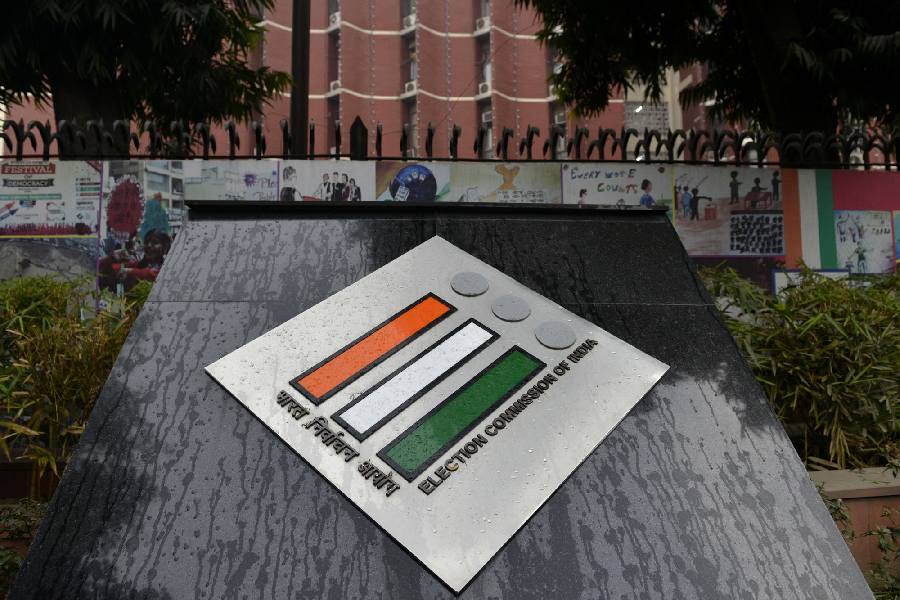Prime Minister Benjamin Netanyahu of Israel fired his defence minister, Yoav Gallant, on Sunday barely a day after Gallant became the first minister to call for a halt to the government’s contentious plan to overhaul the country’s judiciary. Announced in a one-line statement by the Prime Minister’s office, the move intensified an already dramatic domestic crisis — one of the gravest in Israeli history — that was set off by the government’s proposal to give itself greater control over the selection of Supreme Court justices and to limit the court’s authority over Parliament.
The crisis has spurred mass protests, unrest in the military and now -- after Gallant’s criticism and subsequent expulsion from the government -- rifts in the governing coalition. Gallant was fired after urging that the legislation be postponed, warning that it had caused turmoil in the military and was therefore a threat to Israel’s security. “The rift within our society is widening and penetrating the Israel Defence Forces,” Gallant said in a televised speech. The schisms, he said, have caused “a clear and immediate and tangible danger to the security of the state — I shall not be a party to this”.
Netanyahu’s decision to fire Gallant appeared an unmistakable signal that the government intends to proceed with the final vote in parliament early this week on the first part of its proposed overhaul: a law that would give the government greater control over who sits on the Supreme Court. Gallant, 64, was appointed less than three months ago, fending off competition from a more extreme member of the coalition with far less military experience. His appointment had eased fears in Washington that Netanyahu might appoint a far-Right lawmaker to oversee Israel’s powerful military, which receives considerable US aid and technical assistance.
A former naval commando, Gallant had faced calls from former military colleagues to speak out against the judicial overhaul. In recent days, other former naval commandos held protests outside his home to persuade him to break ranks. And reserve pilots sent him text messages every time one of them decided to suspend their service in protest of the plan for the court.
In a chaotic parliament on Sunday, lawmakers raced to finalise the text of the proposed law, while government leaders behind the scenes were scrambling to ensure they had enough votes to pass it. If enacted, the law would complete the first step of a plan to limit judicial influence that has provoked unease among investors, the Jewish diaspora and the Biden administration, as well as in the military. So many reservists have threatened to stand down from duty if the law goes ahead that the leaders of the Israel Defence Forces have warned of a threat to operational capacity, prompting Gallant’s intervention on Saturday.
The government and its supporters say the change is necessary to make the court more representative of the diversity of Israeli society, and to give elected lawmakers primacy over unelected judges. Critics say the move would give the government too much power over the judiciary, removing one of the few checks on government wrongdoing, and perhaps lead to authoritarian rule.










